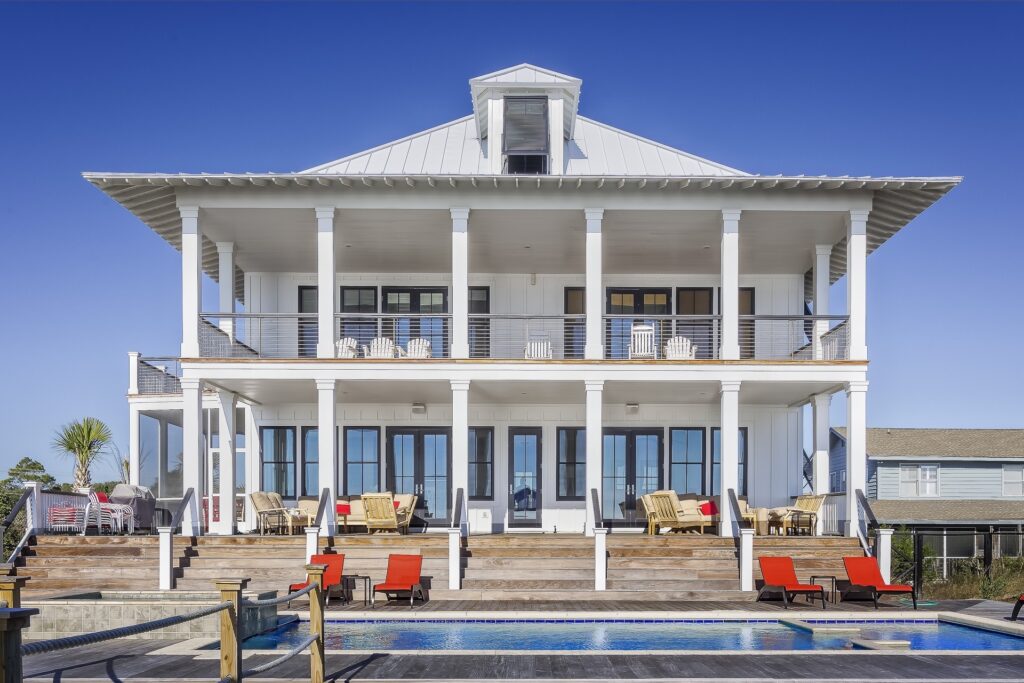As a weekend getaway, summer home or an investment, a vacation home is on the must-have list of many people. However, the purchase and ownership of a vacation home are quite different from a permanent residence. First off, you may not be able to get a mortgage. Secondly, the tax treatment is different depending on whether you plan to use it for income or not. Continue reading to learn more about the implications of owning a vacation home.
What Is Different About Financing?
Whether or not you qualify for a mortgage depends greatly on the type of second home you are buying. If it is purely for investment (renting), where someone will be living in it full-time, the mortgage process is similar to what you went through when you bought your primary residence. But, if it is a cottage or strictly a vacation home, the situation is quite different.
First-time homeowners get breaks and incentives that do not apply to a second home. This means you will need a much larger down payment and probably more security guarantees and more collateral. The home itself is a big security factor, but this depends on the market and how much you can put down. The real value of the home is the equity, which means the amount you have put down. Lenders do not like to repossess homes — they are in the lending business, not the business of buying and selling homes. You can use the equity from your first home as security if you have owned it long enough to have a fair amount of equity built up.
Some lenders will not give a mortgage for a vacation home you buy only for your personal use because it stands alone for long periods. This makes it prone to damage from vandals, freak fires or other types of destruction natural or unnatural. Lenders like to have the security of someone living in (and looking after) the house full-time.
Is It an Investment Property or Residential?
If your second home is an investment property, its main purpose is to earn income, like a rental property. For this type of purchase, you will probably need a commercial property loan, which involves larger down payments and different tax consequences. What many people do is rent out their first home — for various reasons, like it has gotten too small or too big — and buy a second home that will become their primary residence. In this scenario, the commercial route and all its implications may be avoided. However, you are not a first-time home buyer, so you don’t get any of those incentives, either. This is a residential investment property. Other investment properties are commercial, such as mini-malls or shops or industrial, such as factory or warehouse space you buy to rent to others.
A vacation home can be used solely by yourself and your family for parts of the year and left empty the rest of the time, it can be rented out to others during the times you aren’t there or it can be rented to others all the time. Getting a mortgage for this type of home is very difficult or impossible, and the insurance will be very expensive, mostly because you are not there to keep watch over it for most of the year.
In some cases, the lender will put restrictions on your vacation home, such as it must be at least 50 miles from your primary residence to qualify as a vacation residence, you have to be there for at least one month a year or you have to spend at least one night in the house every month. What restrictions a lender can place on you depend on the lender. There are a few guidelines, but basically, the one with the money writes the rules.
The Costs of Home Ownership
Homeownership is not cheap, as you probably already know. Whether it is your primary residence, a vacation home or an investment property, there are numerous costs above and beyond the mortgage payment. You have taxes, repairs and maintenance, and if you only spend a few weeks there a year, you might want to consider a management company. You may also want a management company if you rent it out frequently, such as a small apartment building. Alternatively, you will have to spend the time and money to check on the place yourself regularly. All of these are important things to consider before diving into a new purchase.
On the upside, many of these expenses can be tax deductions. You may be able to write off:
- Hosting and advertising fees.
- Cleaning costs and supplies.
- Other supplies and services you offer, such as toilet paper, Wi-Fi and K-cups.
- Occupancy taxes, utilities and outdoor maintenance.
- Property management fees and mortgage interest.
Talk to your financial advisor or tax specialist for a complete list. Just remember to keep everything documented and keep all receipts.
In the Long Run
Maybe the biggest perk of buying a second home, whether you’re doing it for rest, fun or as extra income, is that it is a great retirement plan or nest egg. A second home or property is an excellent way to build long-term wealth. When the time comes, you can sell it and use the cash for travel, easy living, healthcare or anything you like. Or, you can keep it and keep raking in that extra income month after month. Whatever you end up doing with it, you just cannot lose.


